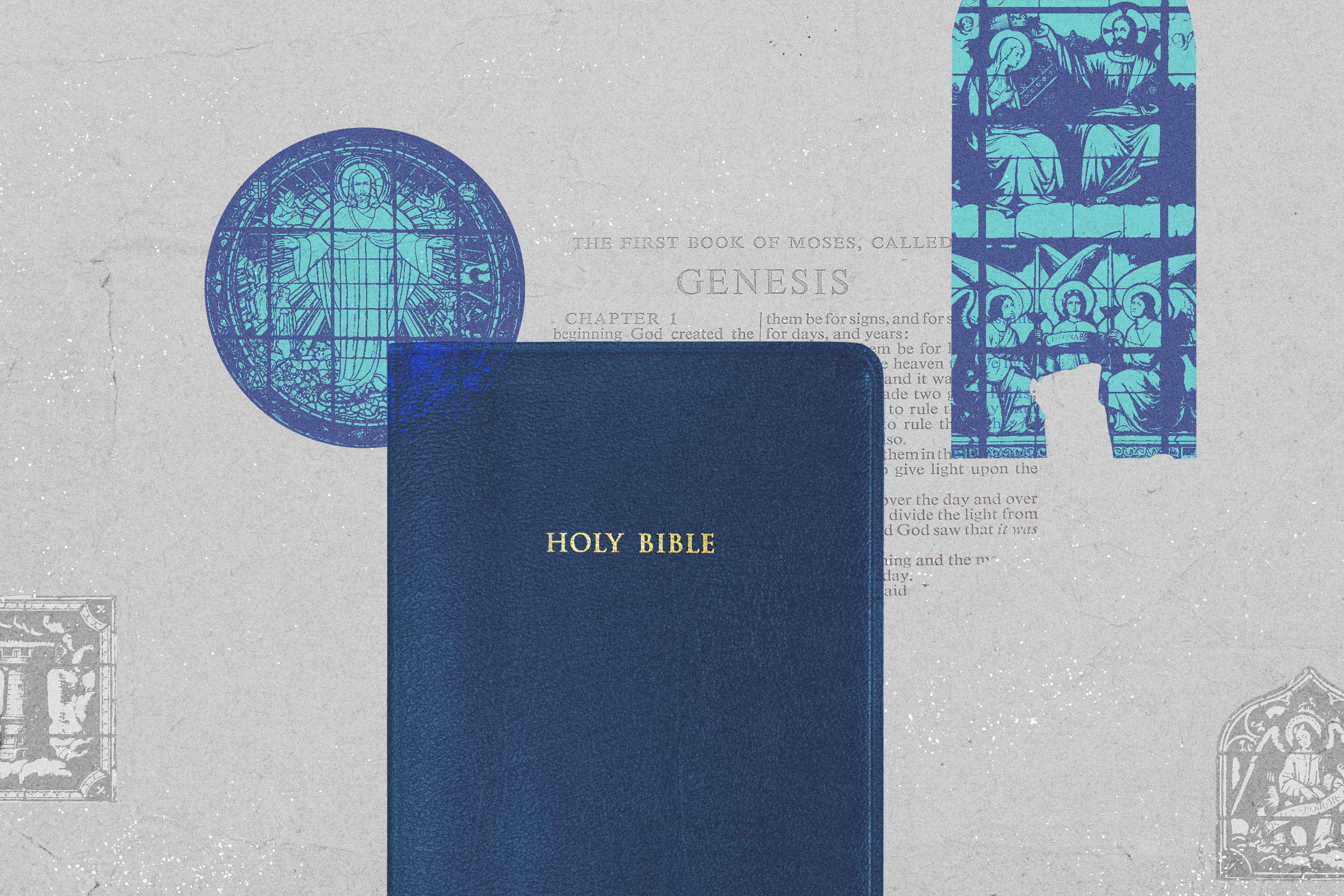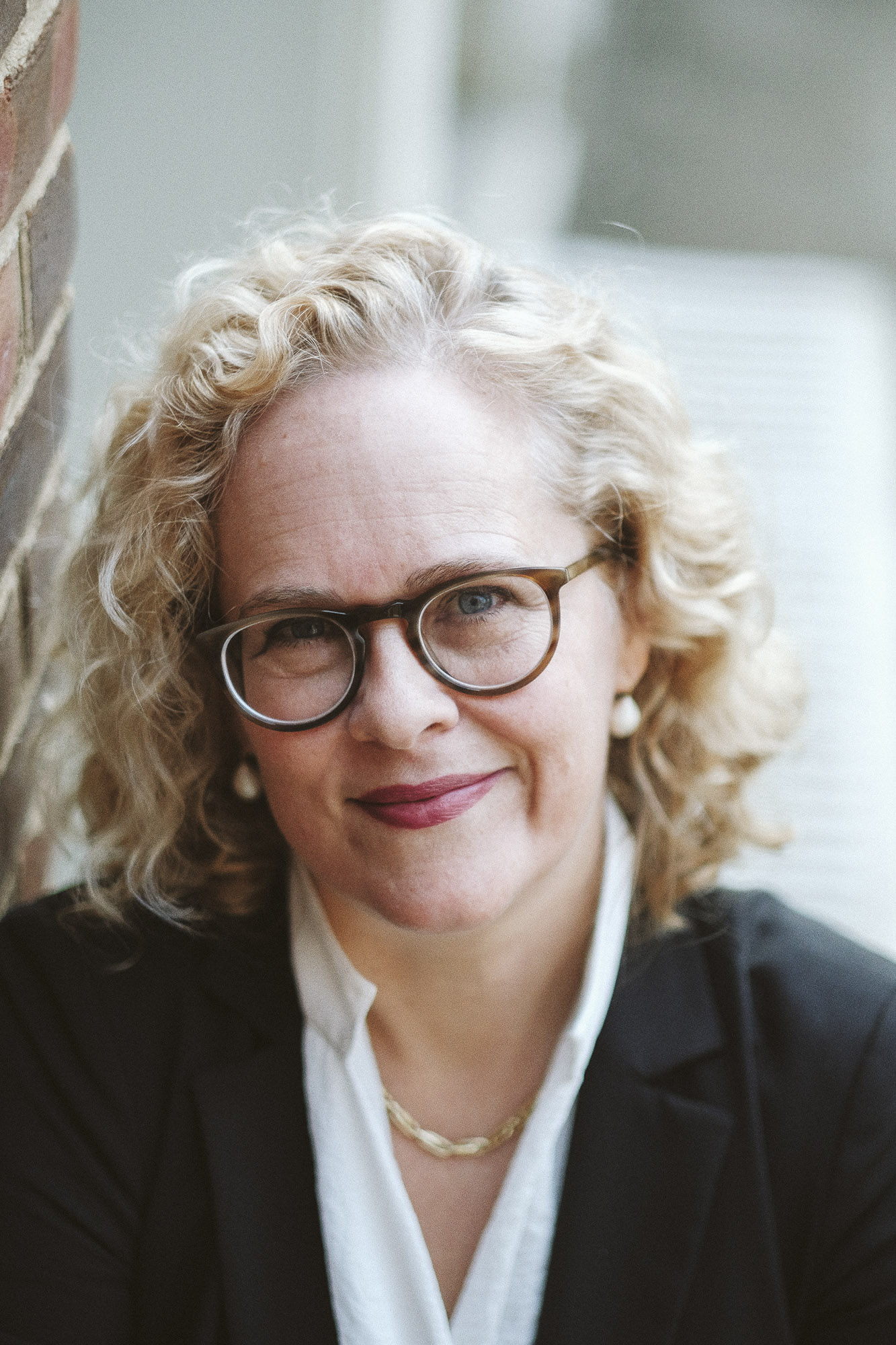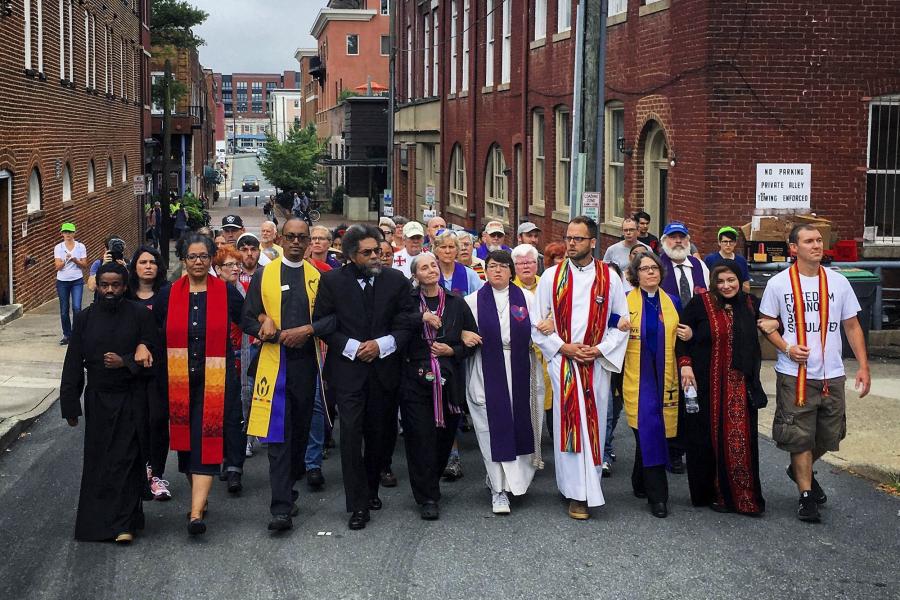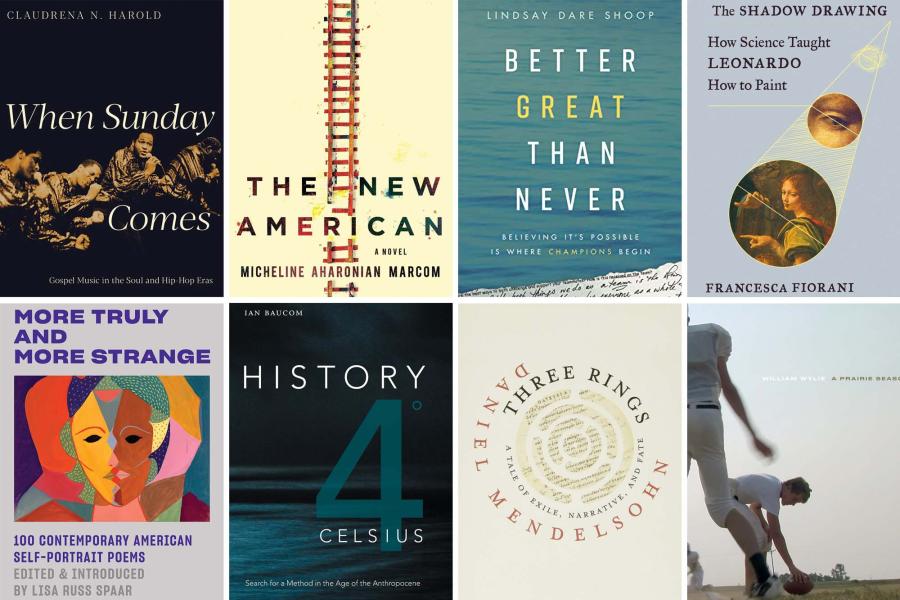Martien A. Halvorson-Taylor has a true genesis story for her love affair with the Bible.
Now an associate professor in the University of Virginia’s Department of Religious Studies, Halvorson-Taylor was first invited to think deeply about the revered publication as a high school student in New York City. Her then-English teacher presented to Halvorson-Taylor’s classmates the variety of perspectives found in the Bible’s first book.
“I was captivated by the idea that there were multiple authors in Genesis,” Halvorson-Taylor said. “You only have to read three chapters to become aware of the fact there are two different stories of creation in the Bible.”
First, Genesis chronicles the classic creation narrative, with God making light on the first day and resting on the seventh. But in the next chapter, creation happens through Adam and Eve in the Garden of Eden.
“In Genesis (chapter 1), creation begins when God contains the water so that dry land can emerge,” Halvorson-Taylor said. “In the Garden of Eden story, creation begins again in arid conditions when God irrigates the garden. One story seems to have arisen in the context of people who contended with dangerous floods, and the other in a context where people were desperate for water.
“I mean, those are basic clues that show us the different contexts of the authors of each story – what they imagined their primordial world looked like, and also their differing understandings of the role of human beings and God. God as one who rescues from too much water, or God as a gardener who irrigates dry land.
“What is creation? That question plays out very differently in those two stories.”
This critical attention to biblical detail has stuck with Halvorson-Taylor from high school through her time at Harvard University Divinity School and beyond. In 2006, she received her doctorate from Harvard in Near Eastern languages and civilizations. Her dissertation was titled, “The Development of Exile as Metaphor in the Hebrew Bible.”
“I took Hebrew while I was at Harvard Divinity School, and I just completely fell in love with the language,” she said. “I knew at that time this was going to be the collection of stories that I wanted to live with for the rest of my life.
“I mean, it really was like falling in love.”
Such affection led Halvorson-Taylor to create “Writing the Bible: Origins of the Old Testament,” an Audible audiobook of lectures, based on her course at UVA. The audiobook was released in December and explores authorship of the Bible.





